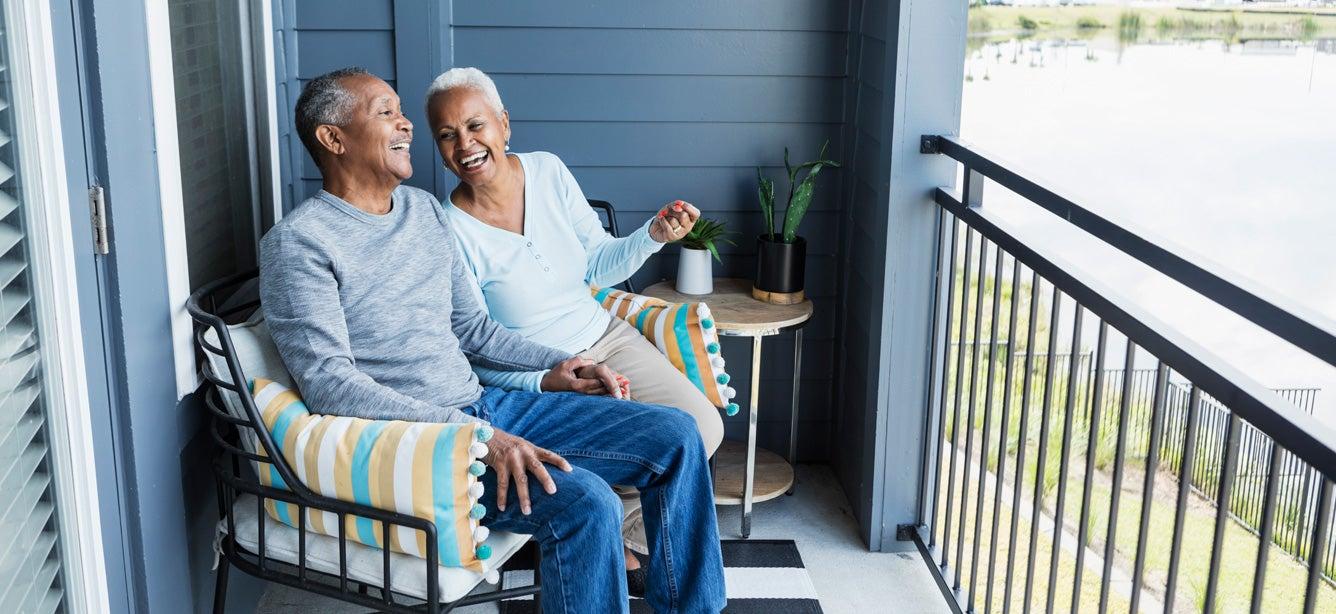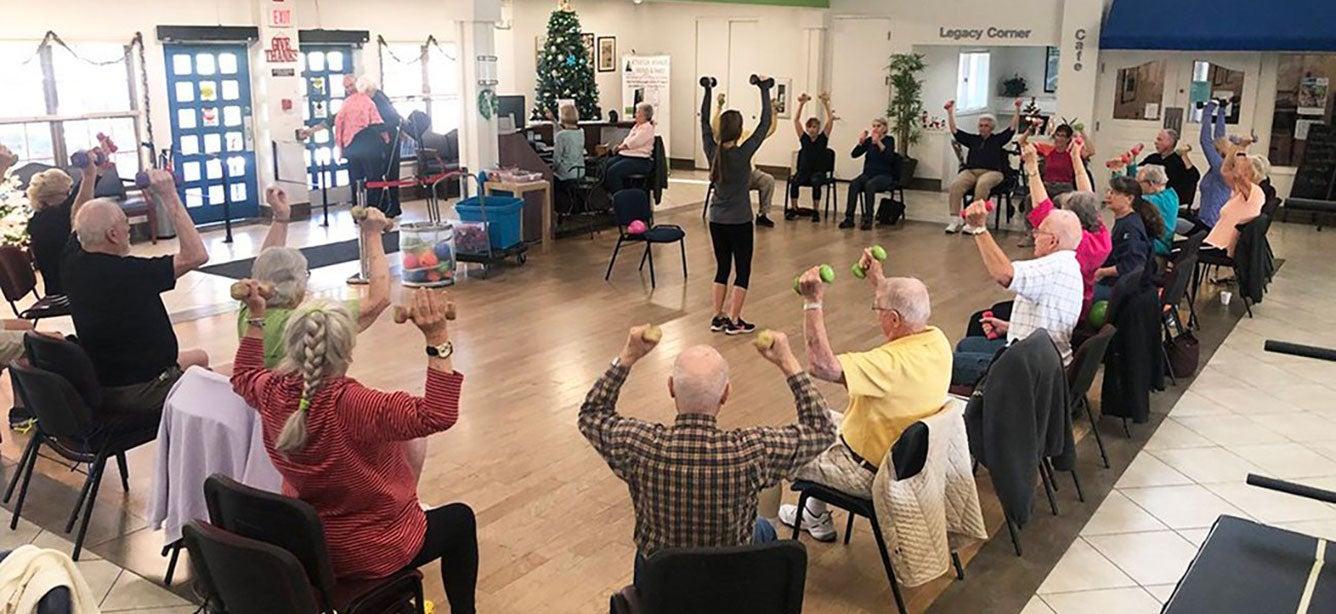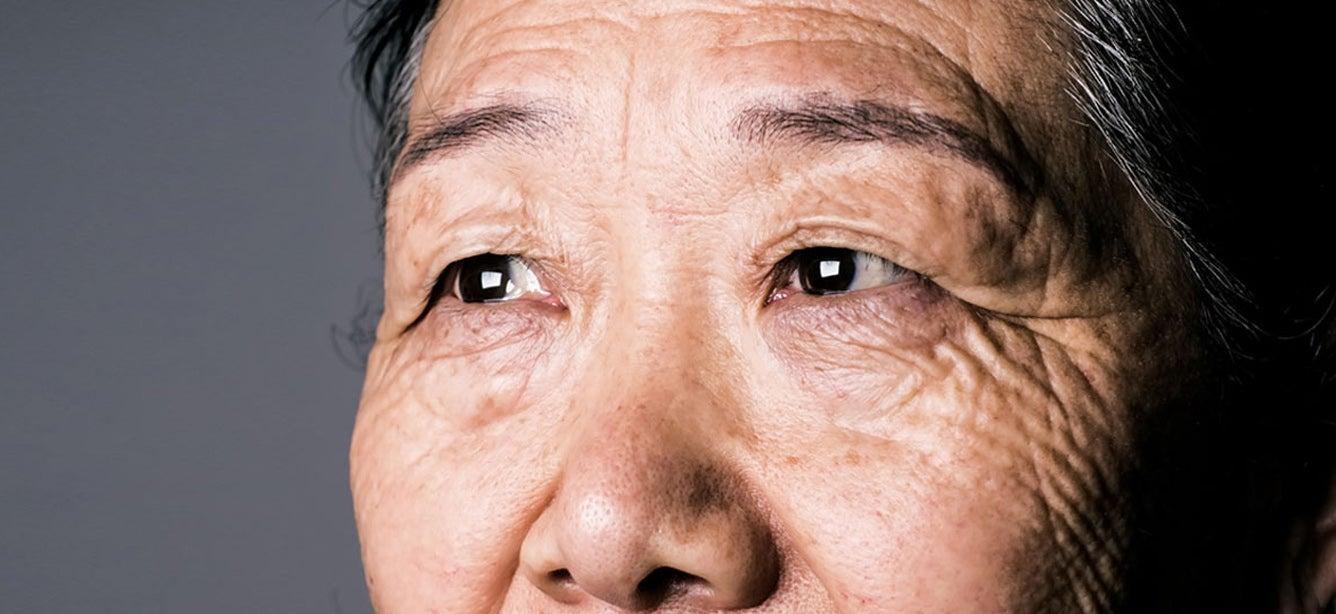
Many older adults own their homes, but struggle to make ends meet due to limited income. Accessing home equity can be a useful financial tool for some older homeowners to age in place.
Housing
- Housing costs represent roughly 25% of expenses for all Americans age 65+.1
- But in 2021, 11.2 million older adults were housing cost-burdened, spending over 30% of their income on housing.2
- Older adults who require long-term care services face an even greater cost burden. In 2022, fewer than 15% of those age 75+ could afford both housing and long-term care services.3
- Financial stress from housing costs and poor housing quality are linked to worse health outcomes among older adults. Seniors living in lower quality housing are at increased risk of falls and more likely to enter a nursing home as their health worsens.4
Home equity
- In 2022, just over 79% of older Americans were homeowners.2
- The median home equity for a senior homeowner age 65+ is $250,000. This is 47% higher than equity levels pre-pandemic.2
- Over 1.3 million older homeowners have taken advantage of reverse mortgages to tap into their home equity since 1990.5
Reverse mortgages
A reverse mortgage is a type of home loan that allows seniors to convert the equity in their home to cash to meet a wide range of financial needs. Currently the primary product on the reverse mortgage market is the Home Equity Conversion Mortgage (HECM). A HECM is a product insured by the Federal Housing Administration (FHA). Homeowners must meet several basic eligibility requirements to apply for a HECM loan:
- Be age 62 or older
- Occupy the home as the primary residence
- Own the home (or have paid off a considerable amount of the original loan)
- Live in an eligible property
- Not be delinquent on any federal debt
With a reverse mortgage, the borrower accesses cash from their home equity, and retains the title of the home. Borrowers must fulfill the obligations below or they may be at risk of foreclosure:
- Keep the home in good repair
- Pay property taxes and homeowners’ insurance
- Occupy the house as their primary residence
In addition to foreclosure risk, there are other risks with taking out a reverse mortgage, including:
- High closing costs
- Effects on benefits and heirs
- Chance of exhausting funds too quickly
Any older homeowner considering a reverse mortgage must first meet with a government-approved reverse mortgage counselor before their loan application can be processed.
NCOA’s role
NCOA, through partnerships and resources, helps seniors explore how to use their home equity wisely.
Reverse mortgage counseling
NCOA has a long-standing partnership with GreenPath Financial Wellness–a nonprofit financial wellness organization approved by the U.S. Department of Housing & Urban Development (HUD) to do housing counseling–to assist older adults with a range of services to help them save money. Counseling sessions last between one to two hours and follow a federally mandated protocol. The counselors can also assist clients with applying for benefits and finding local community services. The toll-free number for this service is 888-508-6762. Find a local HUD-approved counselor.
Use Your Home to Stay at Home©
NCOA’s Use Your Home to Stay at Home© is the official federally approved consumer booklet for older homeowners considering a reverse mortgage.
BenefitsCheckUp®
NCOA’s BenefitsCheckUp® offers easy access to benefits programs and resources that empower older adults, people with disabilities, and caregivers to apply for benefits and get help. It includes nearly 2,000 public and private benefits programs from all 50 states and the District of Columbia. BenefitsCheckUp includes information on a range of programs that can help older adults afford housing, including public housing, home repair, weatherization, and utility assistance.
Sources
1. Rand Corporation. Spending Trajectories After Age 65. Dec. 5, 2022. Found on the internet at: https://www.rand.org/pubs/research_reports/RRA2355-1.html
2. Joint Center for Housing Studies of Harvard University. Housing America’s Older Adults. 2023. Found on the internet at: https://www.jchs.harvard.edu/sites/default/files/reports/files/Harvard_JCHS_Housing_Americas_Older_Adults_2023.pdf
3. National Low Income Housing Coalition. Fewer Than 15% of Older Adults Can Afford Combined Costs of Housing and Long-Term Care Services. Dec. 11, 2023. Found on the internet at: https://nlihc.org/resource/fewer-15-older-adults-can-afford-combined-costs-housing-and-long-term-care-services
4. Population Reference Bureau. More Than Shelter: How Housing Affordability Is Linked to Older Americans’ Health. April 5, 2024. Found on the internet at: https://www.prb.org/articles/more-than-shelter-how-housing-affordability-is-linked-to-older-americans-health/
5. National Reverse Mortgage Lenders Association. Annual HECM Production Numbers. May 2024. Found on the internet at: https://www.nrmlaonline.org/annual-hecm-endorsement-chart


